The Non-nuclear aggression agreement is a bilateral and nuclear weapons control treaty between the two South Asian states, India and Pakistan, on the reduction (or limitation) of nuclear arms and pledged not to attack or assist foreign powers to attack each’s nuclear installations and facilities. The treaty was drafted in 1988, and signed by Prime Minister Benazir Bhutto and her Indian counterpart, Rajiv Gandhi on 21 December 1988; it entered into force on January 1991. The treaty barred its signatories to carry out a surprise attack (or to assist foreign power to attack) on each other’s nuclear installations and facilities. The treaty provides a confidence-building security measure environment and refrained each party from “undertaking, encouraging, or participating in, directly or indirectly, any action aimed at causing destruction or damage to any nuclear installation or facility in each country”. Starting in January 1992, India and Pakistan have annually exchanged lists of their respective military and civilian nuclear-related facilities.
Even current PM Narendra Modi and Nawaz Sharif did initially make efforts to strengthen ties. Sharif attended Modi’s swearing-in 2014, much to the chagrin of sections of the establishment, while the Indian Prime Minister made an impromptu stopover in Lahore in December 2015, to attend Sharif’s granddaughter’s wedding. His decision drew flak from opposition parties including Congress.
Pakistan is perceived as being soft on terror groups that have been targeting India, including the Lashkar-e-Taiba and Jaish-e-Mohammed, and therefore culpable. In addition, the China-Pakistan nexus has strengthened as India-China relations have cooled, and the China-Pakistan Economic Corridor which is due to pass through disputed territory has only resulted in alienating India further. For any sort of improvement in ties between both countries, and meaningful engagement between the two Punjabs, the central government in Pakistan must act decisively against the terrorist groups in its midst, which are already a nuisance for Pakistan as well. The Jamaatud Dawa Chief’s house arrest was recently extended by 2 months, and this is an encouraging step, but the screws need to be tightened further on such organisations.
India on its part should be more imaginative in reaching out to sections of the business community in Pakistan, as well as intelligentsia, which is wary of Chinese economic domination on the one hand, and opposing fundamentalism and terrorism on the other. 70 years on from Partition the emphasis should be on building bridges, not reopening old wounds. The Punjabs have demonstrated a willingness to collaborate through both trade and people-to-people linkages and these efforts have highlighted the economic and social benefits that can be reaped. State governments should continue to develop linkages, while central governments should recognise the benefits of creating an environment where these linkages can flourish. India has shown its intention to improve the bilateral ties between the two countries, surely Pakistani civil establishment have a similar intent but the military establishment in Pakistan is opposed to better ties with India to maintain superiority over the civil establishment and to serve its vested interest.
—Prashant Tewari, Editor-in-Chief







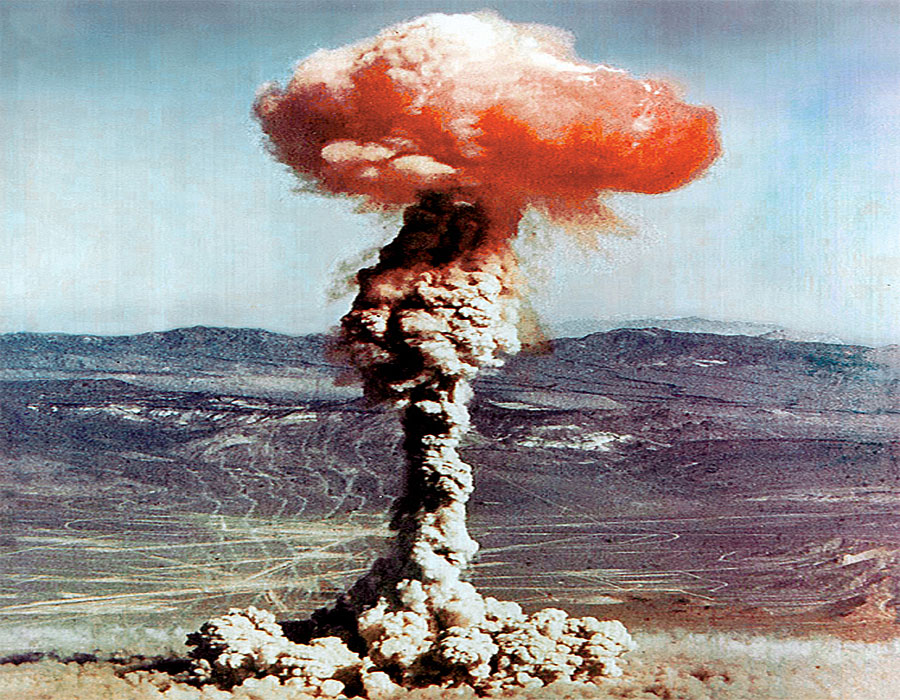
 OpinionExpress.In
OpinionExpress.In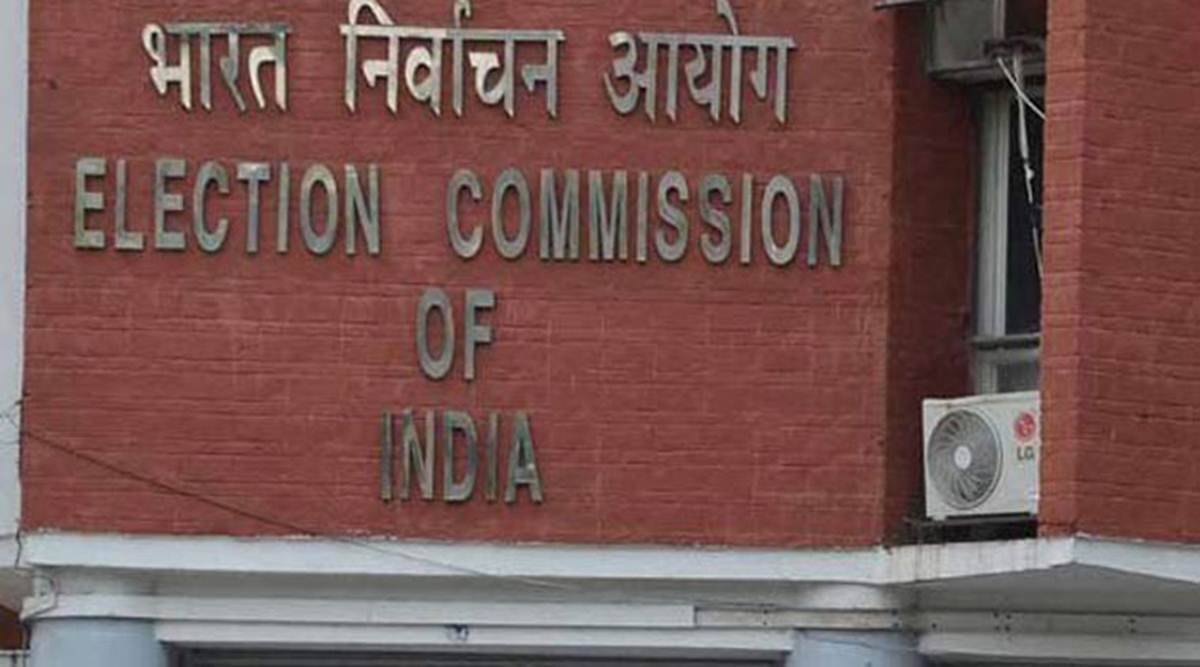
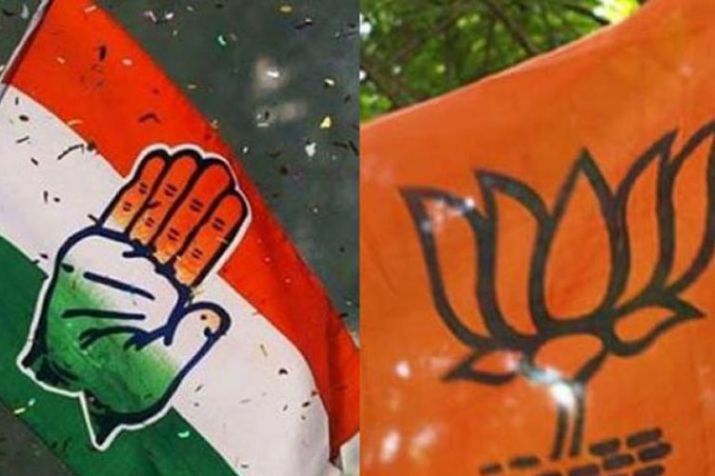
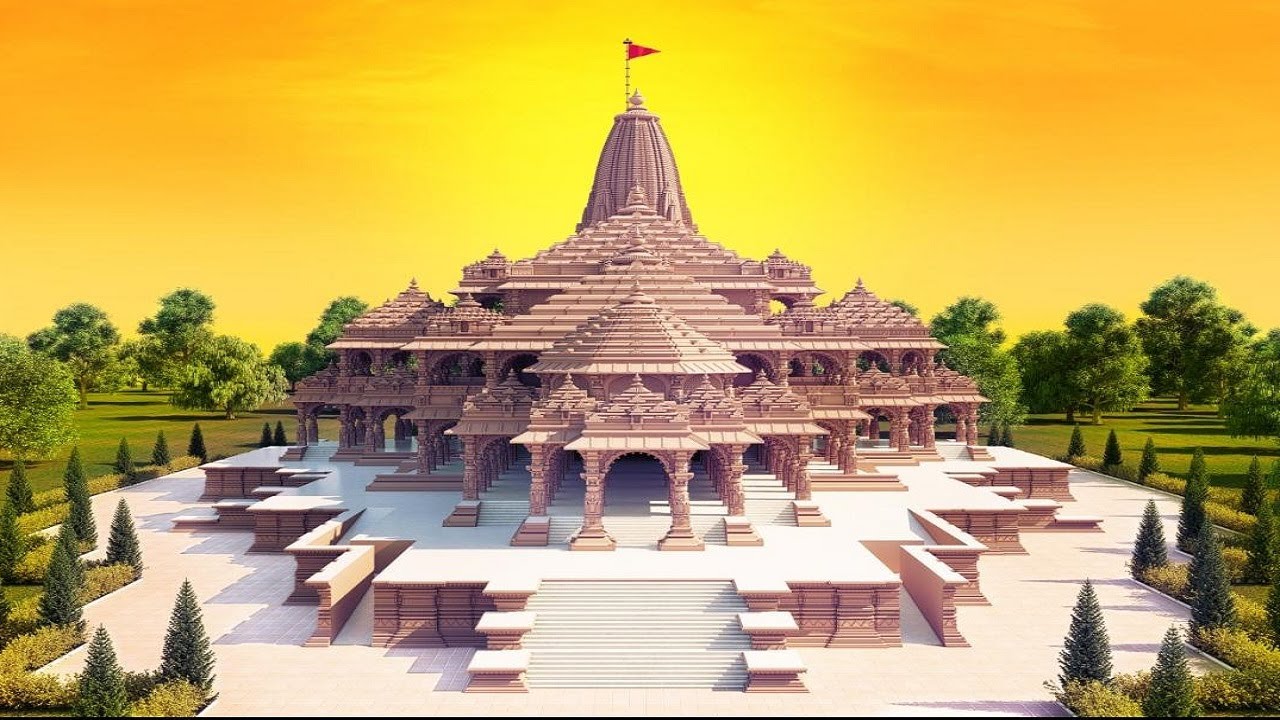
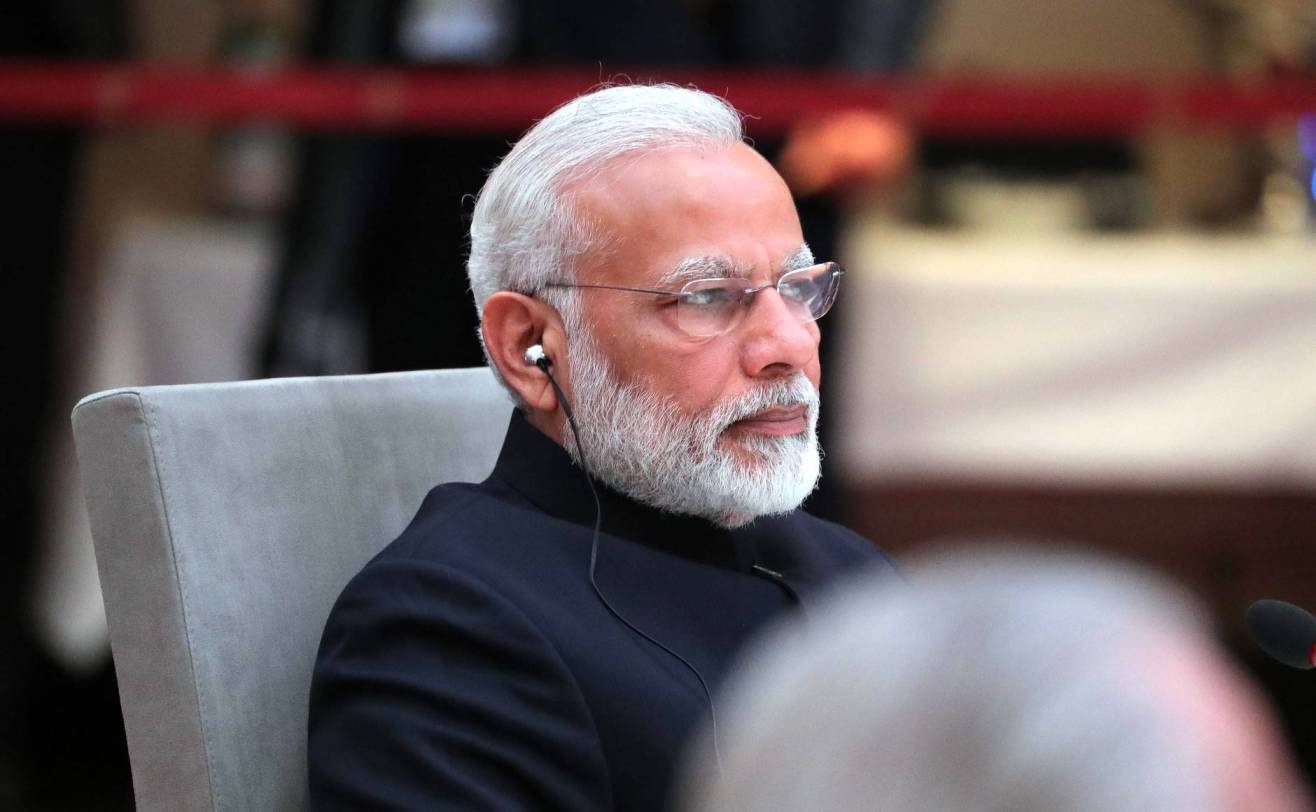

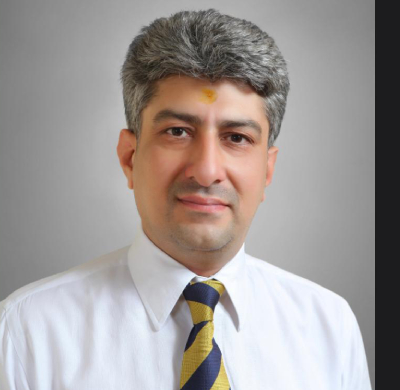
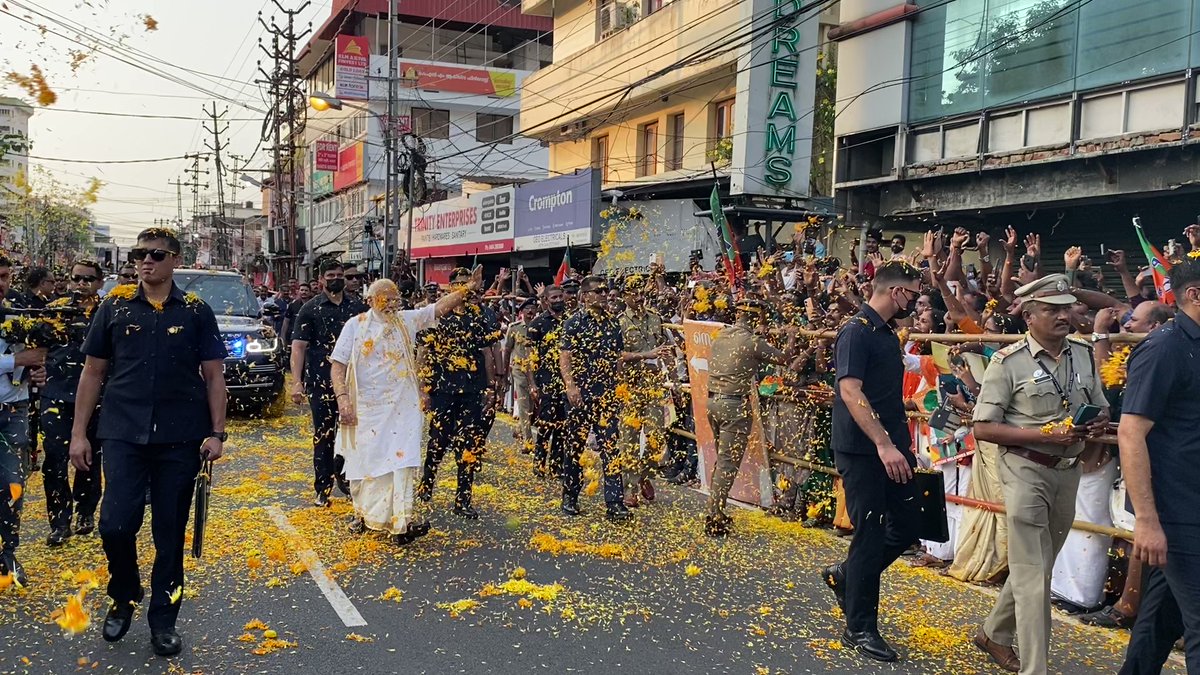
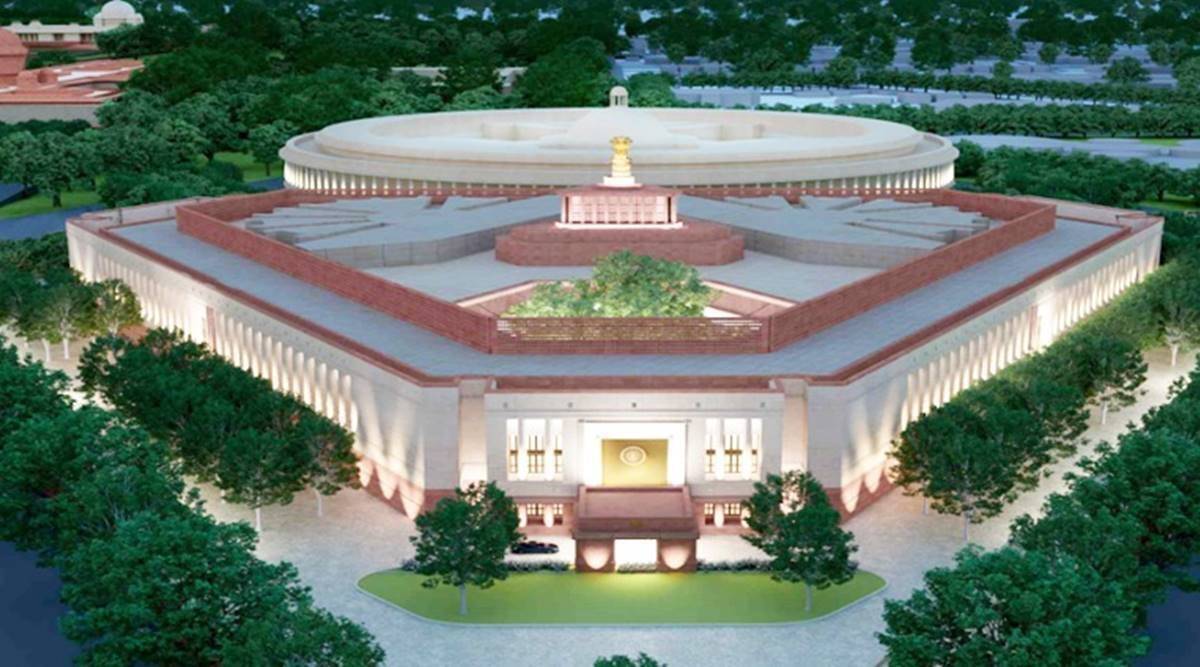

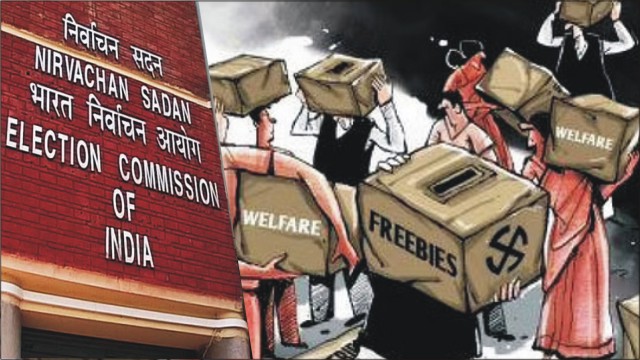






Comments (0)